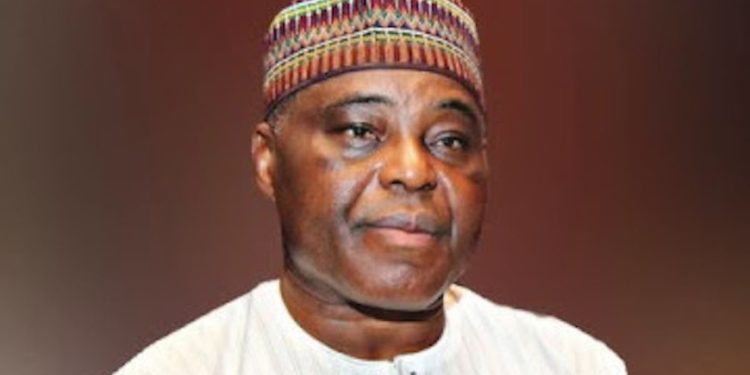There have been debates across the world over the similarities of the illness to malaria.
This has led to warnings against the use of a malaria drug Chloroquine by health officials and bodies.
On Thursday, the National Agency for Food, Drug Administration and Control (NAFDAC) restated its warning about the medication.
Prof. Mojisola Adeyeye, NAFDAC Director General, said: “Nobody should buy chloroquine and use. If you have COVID-19, go to a doctor. We have warned Nigerians, do not take chloroquine”.
But after he was discharged, Dokpesi, the founder of DAAR Communications, owners of African Independent Television (AIT) and RayPower FM, declared that he was confused.
He said: “I still have doubts in my mind and I need to be educated. What’s the difference between COVID-19 and malaria? Every drug we were given were malaria medications.
“A number of persons who tested positive were checked in reputable labs, hospitals in Abuja and were found to have malaria parasites in their blood streams. When did malaria become synonymous with COVID-19?”
DAILY POST reports that for now, the only authorized treatment for the pandemic is Remdesivir.
However, Remdesivir is limited in supply, a situation that has caused countries to seek alternative antidotes.
The World Health Organisation (WHO) has said that Madagascar must scientifically test its solution for coronavirus.
Madagascar had commenced shipment of the herbal remedy called, “COVID Organics” to African nations including Nigeria.
Last week, a team of experts announced the discovery of a mixture they said proved effective.
The combination include two antiviral drugs and one immune system booster.









